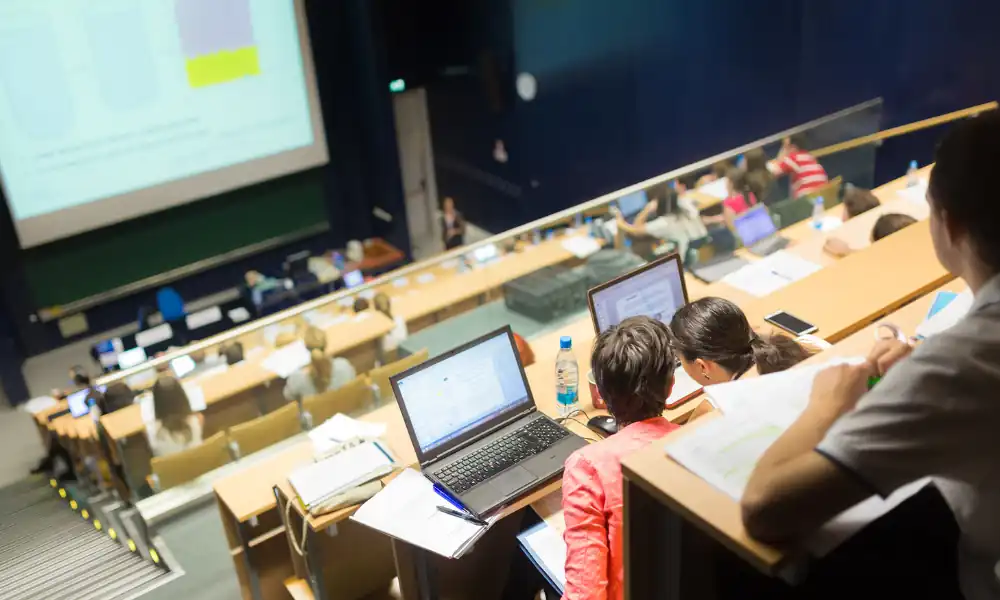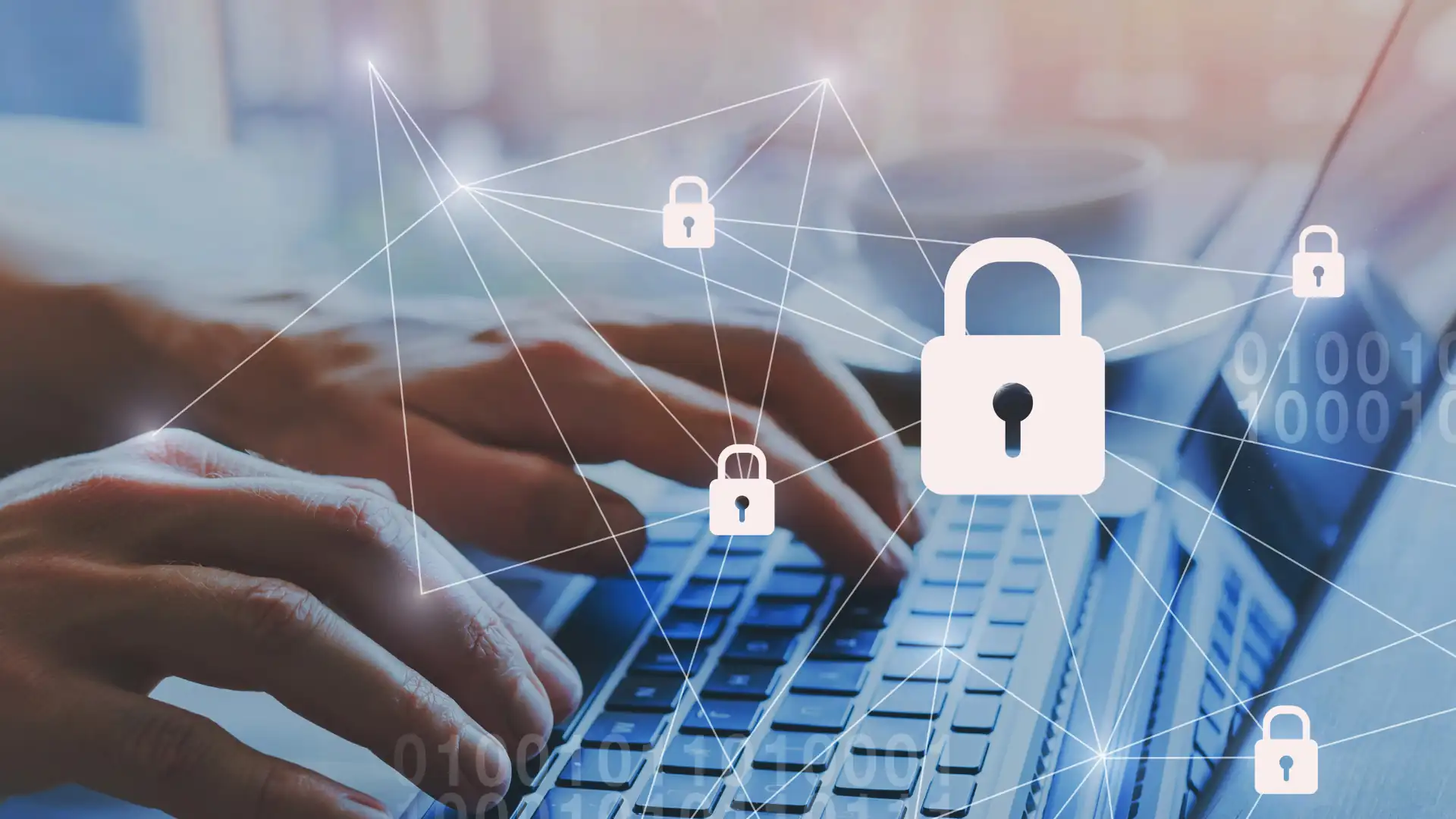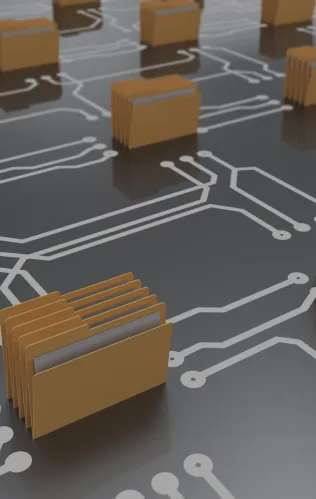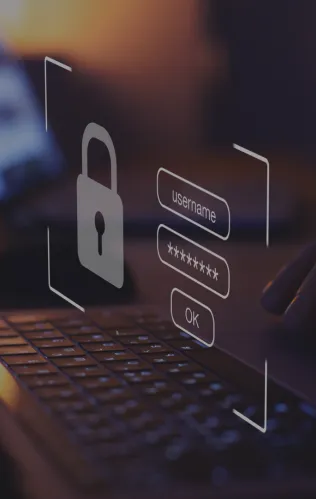Over the past few years, we’ve all heard the chatter about “blockchain.” With the popularity of cryptocurrencies like Bitcoin, this revolutionary technology has captured the attention of not just financial enthusiasts but other industries seeking innovative solutions. One area where blockchain increasingly makes waves is in education, particularly in securely storing student data. But what exactly is blockchain? And how does it promise to transform the way we manage sensitive information in educational settings?
What is Blockchain
Blockchain is a groundbreaking technology that functions as a decentralized and tamper-resistant digital ledger. Imagine a digital notebook shared among a network of computers, where information is recorded in a series of blocks, and each block is linked to the previous one, creating a chain. This interlinked structure makes it incredibly difficult for anyone to alter the data without detection. Blockchain operates without a central authority, such as a bank or government. It is decentralized. Instead, it relies on a consensus mechanism among network participants to validate and add new transactions. This not only enhances transparency but also reduces the risk of fraud and unauthorized access. The decentralized nature and security features of blockchain have led to its widespread adoption, not only in the realm of cryptocurrencies but across various industries, including finance, healthcare, and now, education.
Blockchain and Student Data
Student data is more than just a record. It is vital information that demands the highest level of protection. Blockchain technology is a powerful solution to the longstanding concerns surrounding data privacy and security in educational institutions. Its tamper-proof nature ensures that student data is practically immune to unauthorized alterations or breaches. Each piece of information is encapsulated in a block, cryptographically linked to the previous one, forming a chain that cannot be changed. This not only fortifies the security of sensitive student records but enhances transparency in data transactions. With blockchain, educational institutions can create a secure, transparent, and immutable ledger of student information. Thus, reducing the risk of data manipulation or unauthorized access. This heightened security, coupled with the decentralized structure, instills confidence in students, parents, and administrators. Now, a trustworthy environment is created for the management and storage of valuable educational data.

Decentralized Data
Decentralized essentially means not relying on a single central authority. This is a step away from the traditional model. In a decentralized system, student data is not consolidated in a central database but is distributed across a network of nodes or computers. As a result, vulnerability to a single point of failure is significantly reduced, thereby fortifying the system against potential security threats. It decentralizes the control and ownership of data, empowering individuals, and institutions with greater autonomy over their information. In addition to heightened security, decentralization allows for a more inclusive and transparent data management framework.
Students Records
Blockchain technology introduces a novel approach to enhancing transparency in data transactions within educational institutions. The distributed ledger system ensures that every interaction with student records is securely recorded in the cryptographic linkage. This transparency minimizes the risk of inaccuracies or discrepancies in student records, providing a clear, real-time overview. Students, educators, and administrators alike benefit from a shared source of truth. The potential impact on maintaining accurate and accessible student records extends to more efficient administrative processes, improved decision-making, and the facilitation of personalized learning experiences.
Smart Contracts for Schools
A smart contract is a self-executing contract that is coded directly into the blockchain, eliminating the need for intermediaries and manual oversight. In the context of schools, smart contracts can streamline processes such as grading, enrollment, tuition payments, and certification issuance. For instance, a smart contract could automatically verify and record the completion of coursework, triggering the issuance of certificates or transcripts without the need for administrative intervention. This reduces the administrative burden and ensures faster, more accurate, and transparent execution.
Blockchain Limitations
With any advanced technology, shortcomings are sure to follow. Using blockchain as a solution for student data storage is no exception. While blockchain offers significant advantages, it is crucial to consider its limitations and potential drawbacks:
Scalability Challenges: Blockchain faces scalability issues when dealing with a large volume of transactions, potentially causing delays and increased processing times in educational systems with extensive student databases.
Integration Complexity: Integrating blockchain technology with existing educational databases and systems can be a complex and challenging process, requiring significant resources and expertise.
Energy Consumption: Some blockchain networks, especially those using Proof-of-Work consensus mechanisms, have been criticized for their high energy consumption, which may raise environmental concerns.
Regulatory Uncertainties: The regulatory landscape surrounding blockchain and student data is still evolving. Navigating regulatory compliance can be intricate, especially with varying data protection laws and privacy requirements.
Educational Adoption Resistance: The implementation of blockchain in educational institutions may face resistance due to institutional inertia, lack of awareness, or concerns about the technical learning curve, hindering widespread adoption and acceptance.
Implementation in Educational Institutions
Several educational institutions have begun incorporating blockchain technology to store and manage student data. This is mainly in the form of digital credentials and diplomas. Maryville University became one of the first institutions to implement blockchain transcripts and diplomas in 2019. They empower students and alumni to own their academic credentials, which can be managed via an app. The process provides verifiable, tamper-proof diplomas that can be easily shared with potential employers and other schools. In 2017, MIT started issuing digital certificates to some graduates. They worked with Learning Machines to design a digital diploma that maintains the look and feel of MIT’s traditional paper diplomas. The initiative provides students with more accessible documentation of their accomplishments, making these credentials vendor-independent and recipient-owned. In Europe, the University of Bologna and KU Leuven are part of the Una Europa Blockchain Working Group. The project aims to develop a proof of concept for technology that supports the exchange of diplomas and credits between partner institutions in a secure and fraud-proof manner.

Edublock’s Solution
Edublock is a blockchain-based platform serving academic institutions. It allows for storing and distributing official documents like transcripts, certifications, and diplomas securely and for free. Using a decentralized, open blockchain data store, Edublock ensures security, offering a robust solution to the growing issue of fraudulent academic documents. The platform benefits educational institutions by providing a secure way to handle and verify academic documents. This is crucial in an era where advanced technologies have made it easier to alter and forge these important records. Edublock’s blockchain-based verification system thus helps maintain the integrity and credibility of academic credentials.
Conclusion
Integrating blockchain technology into education emerges as a beacon of innovation, particularly in the secure storage of student data. This groundbreaking technology not only fortifies the security of sensitive student records but also introduces transparency and efficiency into managing educational data. The distributed ledger system ensures a shared source of truth. The implementation of smart contracts streamlines administrative processes. Now, grading, enrollment, and certification issuance tasks occur seamlessly and autonomously. The journey towards widespread adoption faces scalability issues, integration complexities, and regulatory uncertainties. However, pioneering institutions have already embraced blockchain, exemplifying its potential. Platforms like Edublock highlight the critical role of blockchain in preserving the integrity and credibility of academic credentials. The future of education is being reshaped by the secure, transparent, and efficient possibilities that blockchain technology brings to the forefront.
FAQ’s
Blockchain technology encapsulates each piece of information in a block, cryptographically linked to the previous one, forming an immutable chain that is practically immune to unauthorized alterations or breaches, thereby fortifying the security of sensitive student records.
mart contracts are self-executing contracts coded directly into the blockchain, streamlining processes such as grading, enrollment, tuition payments, and certification issuance. They reduce administrative burden, ensure faster execution, and enhance transparency.
Edublock is a blockchain-based platform that allows academic institutions to securely store and distribute official documents like transcripts and diplomas. It ensures security and authenticity, combating the issue of fraudulent academic documents.






